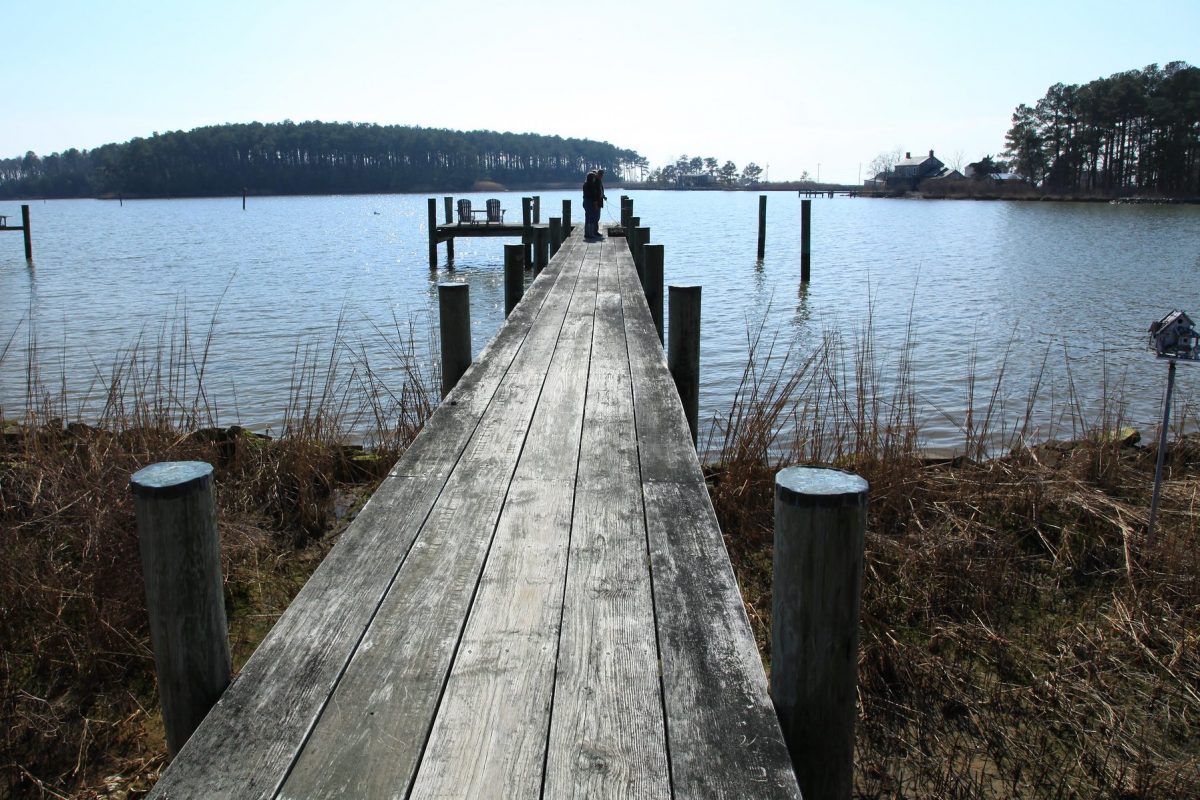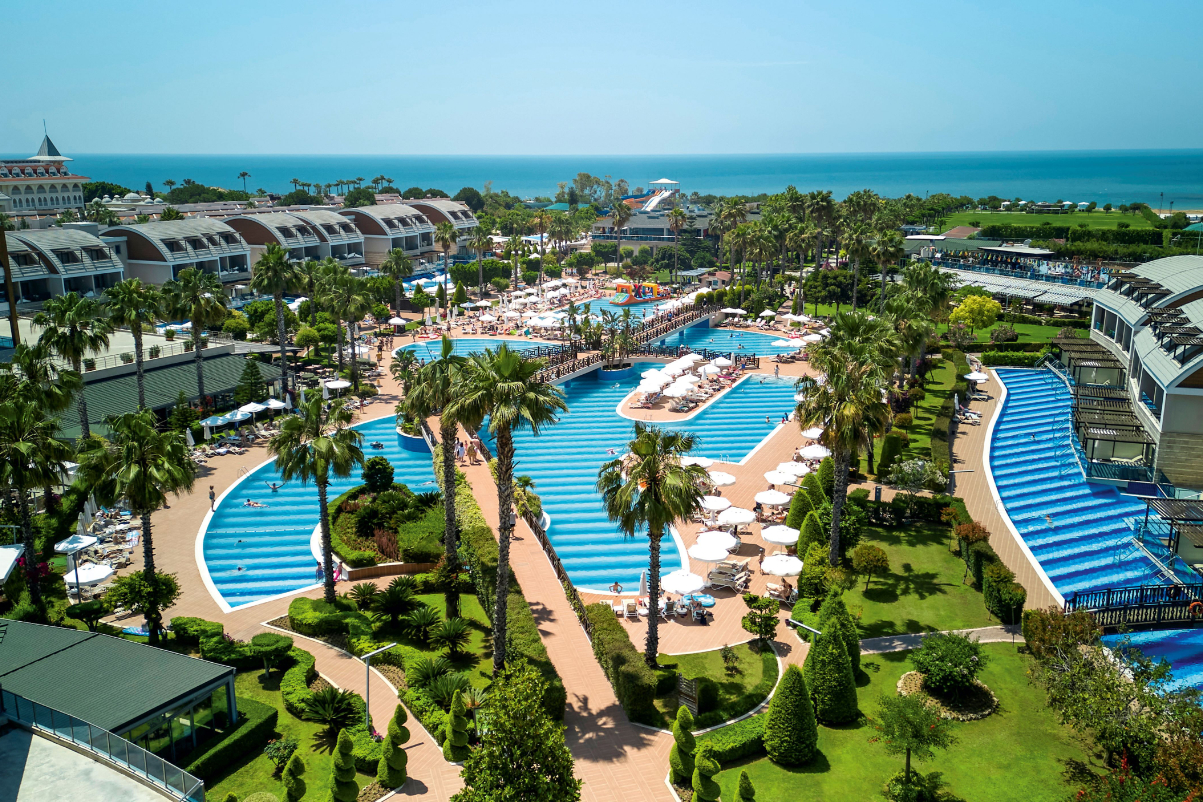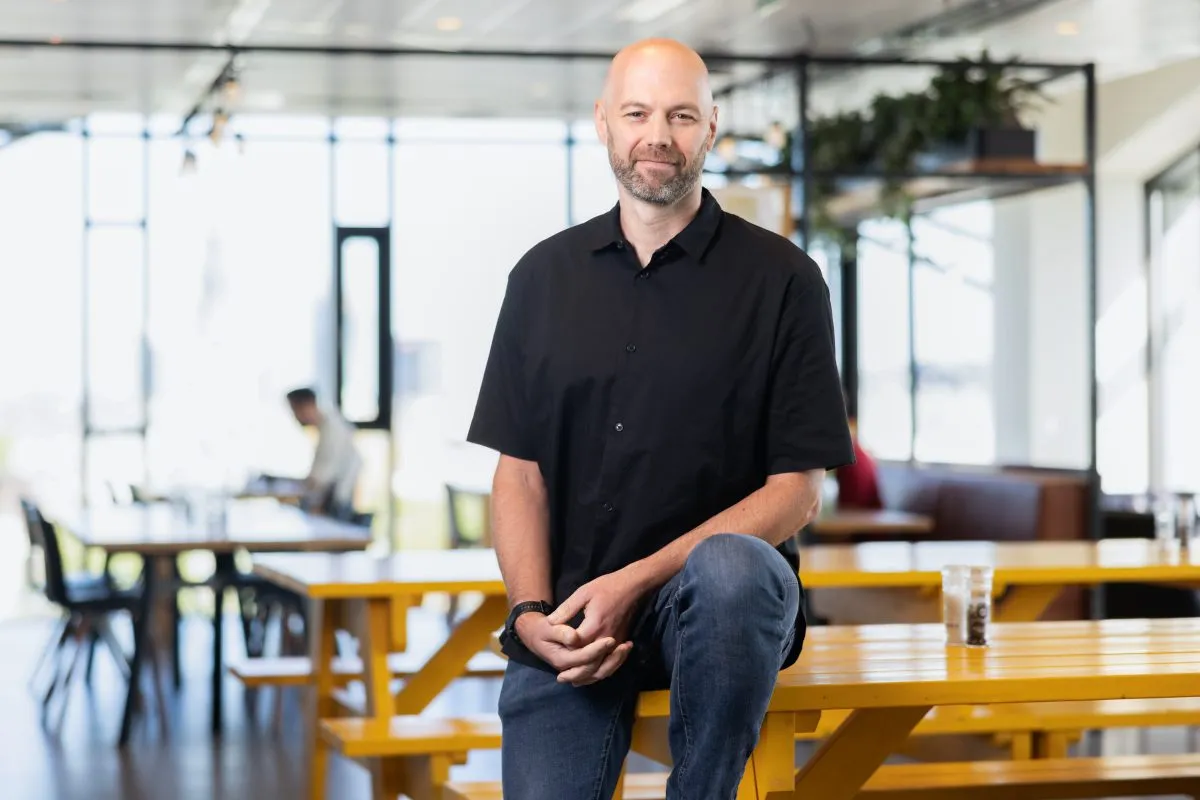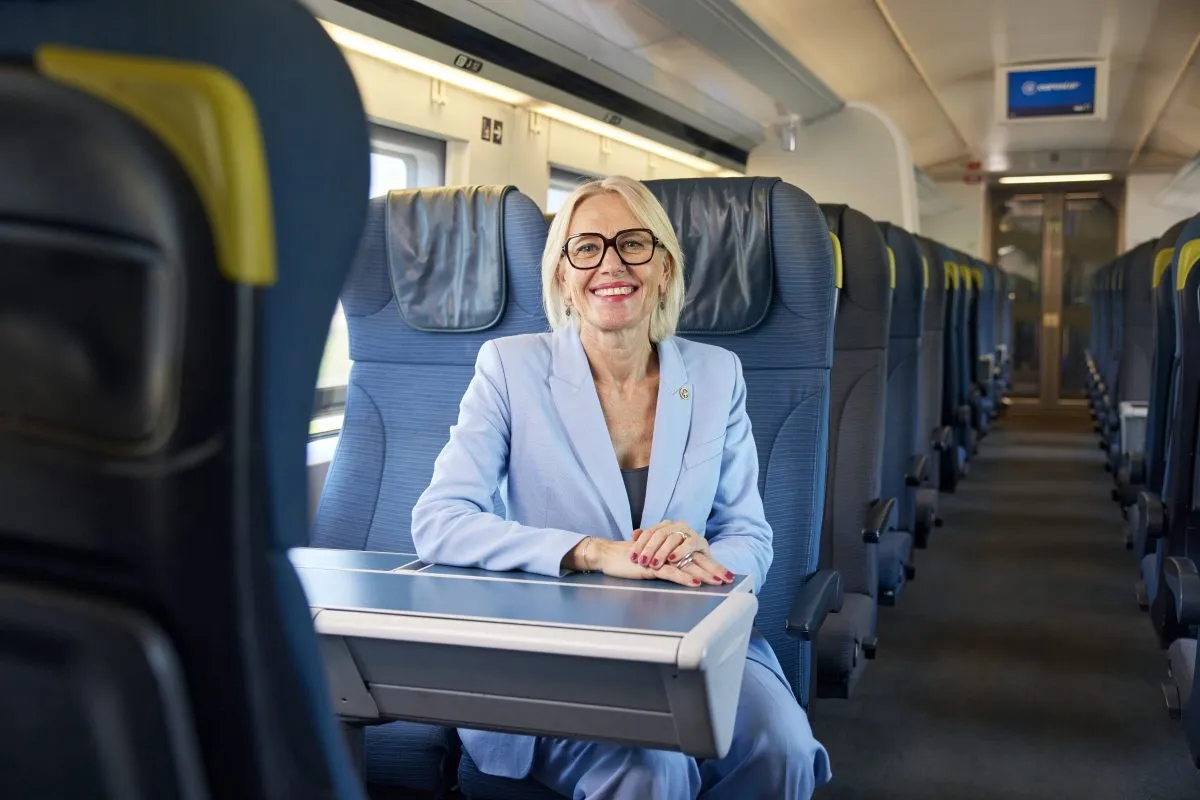Hotels Using First-Mover Advantage in Destinations Off the Beaten Path

Skift Take
When Banyan Tree Group became the first international hotel group to build a Maldives property 30 years ago, there were just a smattering of flights to and from the country. But the archipelago has since become a honeymoon destination as hot — and haute — as its sunny shores.
Being the first in a destination can not only help establish a hotel brand, but also put it in a position to spark local growth and economic development. Setting up shop before competitors can help hotel companies lure travelers to destinations they otherwise might not have considered.
"A typical hotel group would go to a city location, a safe location that's trialed and tested so, especially if you're new to the game, you don't risk anything," said Eddy See, president and CEO of Banyan Tree, which will launch five new brands in Africa and Japan by 2025 as well as others throughout Mexico and elsewhere in Asia.
"We typically like to pride ourselves on having the first-mover advantage, and set the pace for others to follow."
Cities aren't exactly the safe choice for the modern traveler as they once were, which has put Banyan Tree and others willing to go out on a limb — and off the beaten path — in a more favorable position than even just five years ago.
John Flannigan, owner and founder of Wylder Hotels, believes the Wylder Tilghman Island, which opened in 2018 just off Maryland's Chesapeake Bay, has benefited from its status as the only luxury property on the roughly 1,000-person enclave.
"The people who come to our resort spend a lot of money in the area. We've seen housing values go up, jobs are created,” said Flannigan.
“The locals like to come in and meet with and engage the guests. But we also put on community history talks — these are opportunities you don't get in an area that's more developed.”
The same holds true in Eugene, Oregon for Obie Hospitality. "Our hotels really focus on bringing in the community and sharing that with guests and that’s very much what we’ve done at Inn at 500 Capitol and our Eugene properties with unique, boutique, hands-on experiences," said Nicole Roselio, Obie's vice president of marketing and design.
At Inn at the 5th in Eugene, for instance, those experiences include tastings of rarely sampled wines from Oregon's Southern Willamette Valley, running lessons with a local Olympian, and guest room furnishings that repurpose wood from one of Nike's original buildings. The city — nicknamed TrackTown USA — will, later this year, become the first in U.S. to ever host of the World Track and Field Championships, which will bring further attention to the birthplace of the sportswear giant.
Obie got a leg up on the competition by opening in 2012, seven years before other upscale properties including a Graduate Hotel. Roselio says the strategic investment kept the pace with expansion at the nearby University of Oregon campus while also giving her brand a foothold.
“You know you're going to have families coming here not only for four years, but also for campus tours. We can be their home away from home, and we've built those relationships," she said.
"But what we've also done here is helped with awareness of this as a destination."
[UPDATE: The article has been updated to include information about where Banyan Tree Group plans to expand.]




